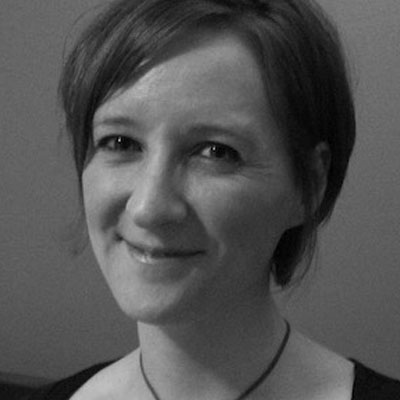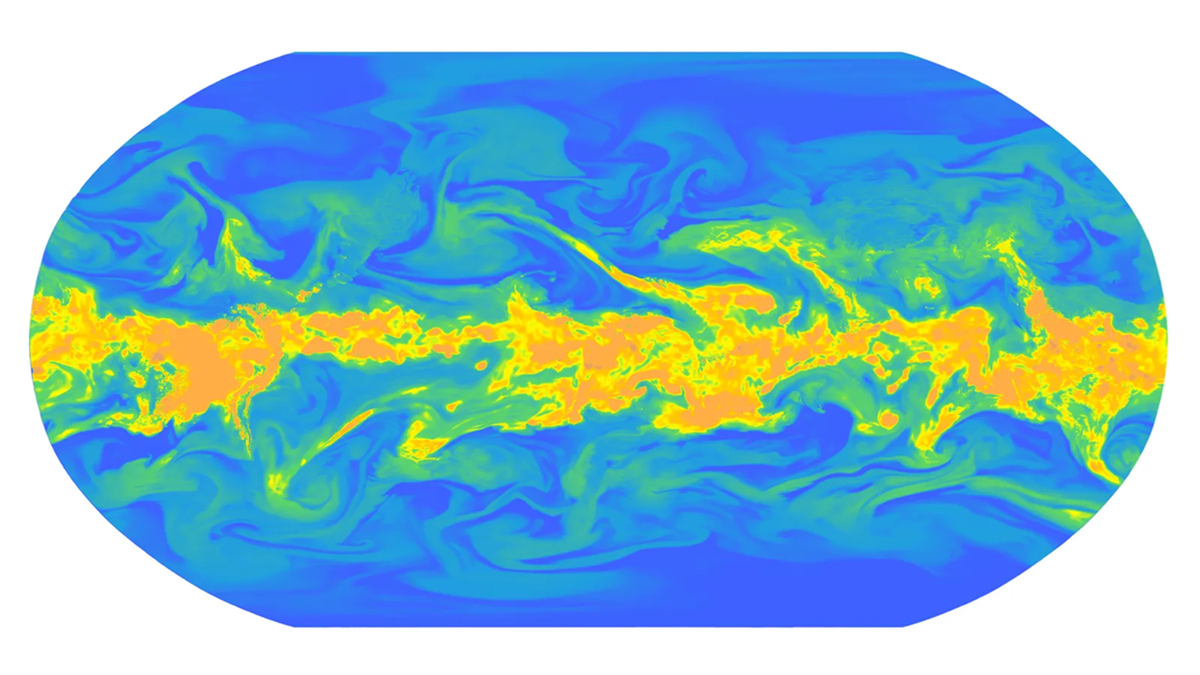The medical community is outraged, but Sen. Bill Cassidy continues to be reassured.
US Secretary of Health and Human Services nominee Robert F. Kennedy Jr. listens as President Donald Trump holds a cabinet meeting at the White House in Washington, DC, on February 26, 2025. Credit: Getty | Jim Watson
The medical community is bracing for attacks on, and the possible dismantling of, federal recommendations for safe, lifesaving childhood vaccinations after health secretary and fervent anti-vaccine advocate Robert F. Kennedy Jr. abruptly fired all 17 members of a federal vaccine advisory committee Monday.
Outrage has been swift after Kennedy announced the "clean sweep" of the Centers for Disease Control and Prevention's vaccine advisory panel, the Advisory Committee on Immunization Practices (ACIP). He made the announcement in a Wall Street Journal op-ed.
Open protest erupted at the CDC on Tuesday, with staff calling for Kennedy's resignation. Staff rallied outside CDC headquarters in Atlanta, objecting to agency firings, cuts to funding and critical programs, scientific censorship, as well as ACIP's ouster.
"I am here today to tell you that the secretary of health and human services, Robert F. Kennedy Jr., has shown himself to be a domestic health threat,” Anna Yousaf, an infectious disease researcher at the CDC’s National Center for Immunization and Respiratory Diseases, said amid the rally, according to CBS News.
“These attacks against scientific standards and well-established processes culminated yesterday when Secretary Kennedy announced that he is firing all of the members ... of ACIP," Yousaf continued, eliciting 'boos' from the crowd.
“The wrong side of history”
Meanwhile, the American Medical Association, which is currently holding its annual meeting in Chicago, passed an emergency resolution Tuesday calling for Kennedy to immediately reverse the ACIP purge and for the Senate to investigate Kennedy's decision, according to reporting by MedPage Today.
Some AMA delegates expressed concern that the call for a congressional investigation was a "poison pill" that would diminish the impact of the rest of the statement and would fail to reveal any new information. But the concerns were easily quashed.
"We do not want to be on the wrong side of history," said Jason Goldman, who introduced the emergency resolution and who is also president of the American College of Physicians. "The country is burning down. Our infrastructure is burning down. Whether the outcome of this investigation is preordained should not determine our ability and desire to... take a stand, fight for what we believe in, and ask the government to do their job."
Priya Desai, a delegate who spoke on behalf of the medical student section, meanwhile, admonished the AMA for not taking a stand against Kennedy sooner. "We did not speak up back in November with the nomination of RFK [Jr.]... We did not speak up back in January... when he was officially endorsed. Congratulations, this poison pill we have swallowed. It is time for us to act now," she said.
While calling to support and maintain the current ACIP structure and processes, the AMA's emergency resolution also indicated that the association will try to establish an ACIP alternative if the CDC's advisory committee becomes corrupted by Kennedy. The AMA will "identify and evaluate alternative evidence-based vaccine advisory structures and invest resources in such initiatives, as necessary," the resolution reads.
“I’m very worried”
In an exclusive interview with Stat, one fired ACIP member, Helen Chu, a professor of infectious diseases at the University of Washington, said she and the rest of the board were blindsided by Kennedy's firings. Other fired members told Stat that they could not do interviews with media after their institutions told them to keep a low profile to avoid reprisal from the Trump administration.
Chu told Stat that she did not know what ACIP's future would look like—whether the committee would have decision-making authority, whether its discussions would remain transparent, or whether its members would continue to be experts. "But it is likely that it will send vaccine recommendations in a completely different direction than where they’ve been for the past 60 years," Chu said.
She noted that some states have already started creating their own vaccine recommendations, which will "create an even more divided country."
"I’m very worried," she added. "ACIP is the model for the rest of the world in terms of how you carefully deliberate and are thoughtful and look at all of the data. ... To disband what is often considered an international gold standard for vaccine policy, and to disband it in this way is just sending a very clear message to the rest of the world. And also sending a clear message to Americans that scientific expertise is no longer of use for making vaccine policy."
Her interview also highlighted the extensive conflicts-of-interest vetting that ACIP members undergo. She was a relatively new member of the committee, only voting in one meeting prior to her termination. She had been vetted in a two-year process before that.
A big “nothing”
In Kennedy's op-ed, he claimed that ACIP members are "plagued with persistent conflicts of interest." But independent investigations have found that to be false. An investigation by Science found strict requirements for public disclosures, divestment of financial interests related to vaccines, and for members to recuse themselves from votes where a conflict exists.
Likewise, the editorial board of The Wall Street Journal, which opposes Kennedy's role as health secretary, also found no evidence to support Kennedy's attack on the now-ousted ACIP members. In a derisive response to Kennedy's op-ed, the board wrote Tuesday that documents on ACIP members' conflicts of interest "show that the members have properly recused themselves from decisions that involve products for which they served as trial investigators, as well as those of their competitors, or if they held stock in companies. In other words, the conflicts of interest were honestly handled." The board concluded Kennedy's claims "proved to be nothing."
Since Kennedy's ACIP purge, significant attention has shifted to Senator Bill Cassidy (R-La.), who sharply criticized Kennedy's anti-vaccine stances but voted to confirm him anyway, saying Kennedy made public promises not to muddle vaccination policy. Those promises included not changing the ACIP.
Cassidy told a HuffPost reporter Tuesday that Kennedy did not break that promise by clearing out the ACIP. Rather, Kennedy promised he wouldn't change "the process," not that he wouldn't change the committee members. In a social media post on Monday, Cassidy indicated that he continues to get reassurances from Kennedy about the promises. "Of course, now the fear is that the ACIP will be filled up with people who know nothing about vaccines except suspicion. I’ve just spoken with Secretary Kennedy, and I’ll continue to talk with him to ensure this is not the case."
“Vindicating his critics”
The Wall Street Journal's editorial board responded directly to Cassidy on this, writing: "That’s nice, but Mr. Kennedy seems more intent on vindicating his critics than pleasing the Senator."
In a social media post late Tuesday, Kennedy only provided more fuel to concerns over his meddling in federal vaccine policy. The post was prefaced by saying that he would not appoint "ideological anti-vaxxers" to replace ACIP members. But, he then went on a lengthy tirade accusing ACIP of "malevolent malpractice" and attacking the evidence vaccine experts have used to assess the safety of routine childhood immunizations. Specifically, he squabbled over whether placebo-controlled trials used inert placebos or active controls.
Kennedy, who has no medical or scientific background and rejects germ theory, concluded by tying vaccines to a period in which "chronic diseases in our children exploded." The post, like Kennedy's lengthy history as an anti-vaccine advocate and conspiracy theorist, suggests he will continue to sow distrust about safe, lifesaving, and thoroughly vetted vaccines, if not directly work to undermine Americans' access to them.
Kennedy says he will announce new ACIP members "in the coming days"—ditching the lengthy vetting process previously in place. The health department put out a news release suggesting that a previously scheduled meeting June 25–27 will still be held.
Beth is Ars Technica’s Senior Health Reporter. Beth has a Ph.D. in microbiology from the University of North Carolina at Chapel Hill and attended the Science Communication program at the University of California, Santa Cruz. She specializes in covering infectious diseases, public health, and microbes.










 English (US) ·
English (US) ·